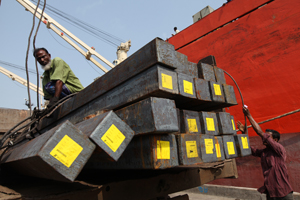
Michael G. Plummer
Mike Plummer is Director in the School of Advanced International Studies (SAIS) Europe and Eni Professor of International Economics at Johns Hopkins University.

- Regional cooperation and integration


